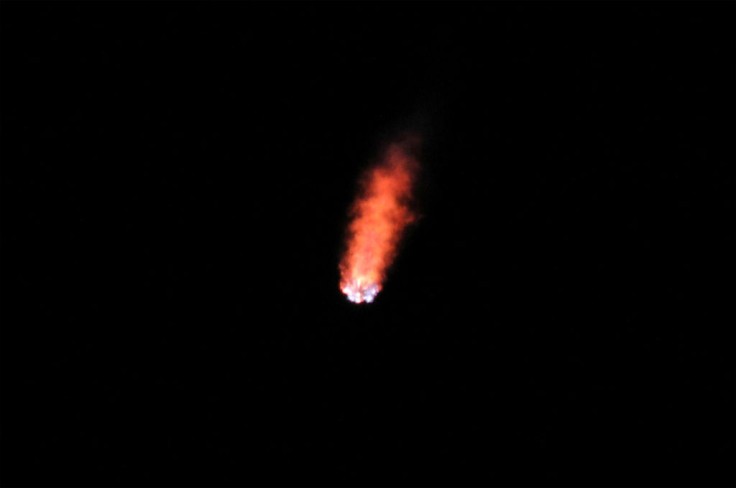
A Russian missile launch has reportedly destroyed a satellite in space, prompting astronauts on the International Space Station to seek safety.
The conduct has been condemned by the US State Department, with NASA Administrator Bill Nelson describing it as "irresponsible" and "destabilizing."
Russian Satellite Explosion
A new, potentially catastrophic debris field formed by a Russian anti-satellite test forced seven crew members aboard the International Space Station to seek emergency refuge in a spacecraft linked to the ISS on Monday, Nov. 15.
After a Russian missile exploded one of the country's dead surveillance satellites over the weekend, the astronauts hid inside the SpaceX Crew Dragon and Russian Soyuz spacecrafts.
Russian Satellite Debris
As stated by Radio Free Europe, France and NATO have joined the United States in condemning Russia for conducting a missile test that blew up a defunct Russian satellite, creating a debris cloud that endangered the ISS and its crew.
The anti-satellite missile test generated more than 1,500 pieces of trackable orbital debris, and will likely generate hundreds of thousands of smaller pieces, the US officials said.
According to NASA, the debris forced the crew aboard the space station, which includes four Americans, a German, and two Russians to shelter into their docked spaceship capsules for two hours as a precaution to allow for a quick evacuation had it been necessary.
Russian Missile Test
As reported by CNET, a spokeswoman for the US State Department denounced the anti-satellite test.
"The Russian Federation carried out a reckless satellite test of a direct ascent and anti-satellite weapon against one of its own satellites," Ned Price told journalists.
According to Price, the test "substantially increases the risk to astronauts and cosmonauts on the International Space Station, as well as many other human spaceflight missions."
Price's comments backed up earlier claims from the US Space Command of "a debris-generating event in outer space," which was thought to be the result of a Russian weapons test by the US authorities.
Read also: NASA Hubble Images: Online Tool Lets You Check What Space Telescope Saw During Your Birthday!
NASA on Russian Anti-Satellite Missile
NASA administrator Bill Nelson noted that it was "unthinkable" for the country behind the test to not only endanger international partner astronauts aboard the ISS, but also "their own cosmonauts."
Nelson further called Russia's actions as "dangerous" and "reckless."
Besides the ISS and its crew, the Chinese space station and its taikonauts on board were also nearly jeopardized by the said missile test.
The debris cloud left behind from the test could be identical to that left behind by a Chinese weapons test in 2007 and could remain in low Earth orbit for years.
The ISS narrowly avoided space debris from the 2007 test just a few weeks ago.
The radar data from private space debris tracking company LeoLabs "confirm the presence of many objects near the estimated location of Cosmos 1408."
Cosmos 1408, also known as Kosmos-1408, is a long-defunct Russian spy spacecraft launched in 1982.
Fortunately, the astronauts in space in the International Space Station have safely been able to return to work in the main station and are now collaborating with NASA.
The collaboration is meant to track the numerous debris in space.
In an effort towards the astronauts' safety, they made an initiative to alter their sleeping patterns due to caution with the threatening debris still in orbit.









